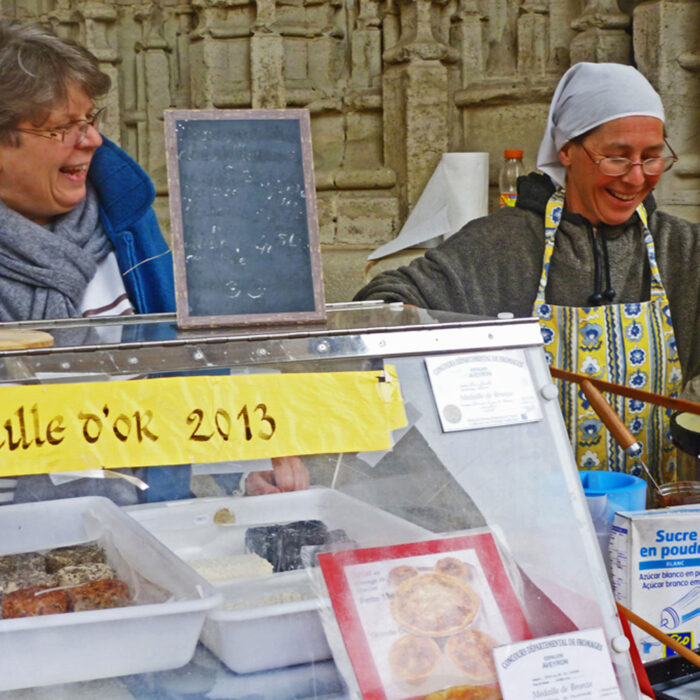You have no items in your cart. Want to get some nice things?
Go shoppingLitro steps into the billiard room and brandishes the lead piping for its crime special this month, and it’s appropriate because in the last couple of weeks there have been a few allegations of that great literary crime: plagiarism. I thought it might be interesting to round up some the culprits in this blog post, so here’s the suspect line-up for your own investigation.
The most widespread piece of news has been the case being brought against J K Rowling by the estate of the late author of Willy the Wizard. It’s the latest and possibly most absurd in an occasional series of claims that the Harry Potter books have taken scenes or concepts from other books in the teenage witch/wizard genre. In my opinion the case doesn’t have much to stand on. All of that genre fantasy stuff is so widely used that nobody can claim they invented any of it (including J K Rowling). The only people who might be able to bring a successful case of plagiarism on these grounds are Merlin, King Arthur, and perhaps the ghost of JRR Tolkien.
A more complicated case from this month is that of Helene Hegemann, a seventeen-year-old debut author from Berlin, whose has been accused of lifting entire chunks of other authors’ work to include them in her novel Axolotl Roadkill. Hegemann’s defence is that she was carrying out the literary equivalent of musical sampling, and that she belongs to a generation who do this consistently. In that case she should probably have written her novel under the name of Hegemann feat. and then a list of the authors of these samples, but when you think about it her argument does have some strength. Is there really so much difference between mashing up the out-of-copyright works of a literary heavyweight with your own prose (see Pride and Prejudice with Zombies) and mixing a contemporary’s writing with your own for artistic effect? Although the question of openness remains, the act itself is technically the same. Interestingly, Hegemann does include a kind of equivalent to the sampler’s feat. in her novel itself, she just leaves out the name of the person she’s sampling (although new editions will include it). This from one of her characters:
“I help myself wherever I find inspiration and ideas: Films, music, books, paintings, poetry about sausages, photos, conversations, dreams … Light and shadow, precisely because my work and my theft become authentic the moment something touches my soul. Who cares where I get things from? All that matters is what I do with them.”
It’s possible that Hegemann has touched there on an inherent conflict between creativity and things like structure, order, legality, etc. Another interesting plagiarism story comes from the tail end of last year, where software developed to enforce the legality of authorship – specifically to spot plagiarism in the essays of students – helped unexpectedly to uncover the authors of a sixteenth century play. The software checks the text for signature turns of phrase and grammatical style, and is able to then compare these characteristics with the stylistic fingerprints of multiple authors. In the case of the play, The Reign of Edward III, one of these fingerprints turned out to be that of none other than William Shakespeare.
Speaking of Bill Shakespeare, Robert McCrum recently wrote a very interesting article for the Observer that highlighted how the world’s most famous author cribbed from all over the place. A fellow called Robert Greene laid out the accusations in a 1593 pamphlet, fantastically titled A Groat’s-worth of Wit Bought With A Million of Repentance.
Perhaps it would be interesting to know whether the software found Shakespeare guilty of some of these crimes. Perhaps Axolotl Roadkill should be run through that software. Perhaps all new fiction should be checked in that manner. But that would of course create a horribly suspicious atmosphere in the publishing industry, which would do no one any good at all. The fact is that authors are professional liars, trying to make us believe that fiction is fact. And that’s a great thing. If we start holding them to account over issues of truth-telling we run the risk of destroying their output.
I hope Robert McCrum wouldn’t consider it plagiarism to end this post with the last few paragraphs of his article (but do go and read the preceding paragraphs here). He concludes far better than I ever could, with a mention David Shields’ Reality Hunger.
“Bestselling writer David Shields has just published Reality Hunger, a passionate, ultra-hip manifesto on behalf of what he calls “appropriation art” in contemporary music, design and literature. Shields has several thrusts against copyright law which, he says, has protected “the creative property of artists”, but obstructed “the natural evolution of human creativity”.
He writes approvingly of the music business, in which “you steal somebody else’s beat, then – with just turntables and your mouth – you mix and scratch the shit up to the level your own head is at”.
Stripped of its excitable rhetoric, Reality Hunger is really a cool restatement of “anything goes”, literature’s oldest, and most golden, rule. Whatever medium you choose, it’s still as difficult as ever to be truly original.”

About Ali Shaw
Ali Shaw is the author of the novels The Man who Rained and The Girl with Glass Feet, which won the Desmond Elliot Prize and was shortlisted for the Costa First Book Award. He is currently at work on his third novel.




